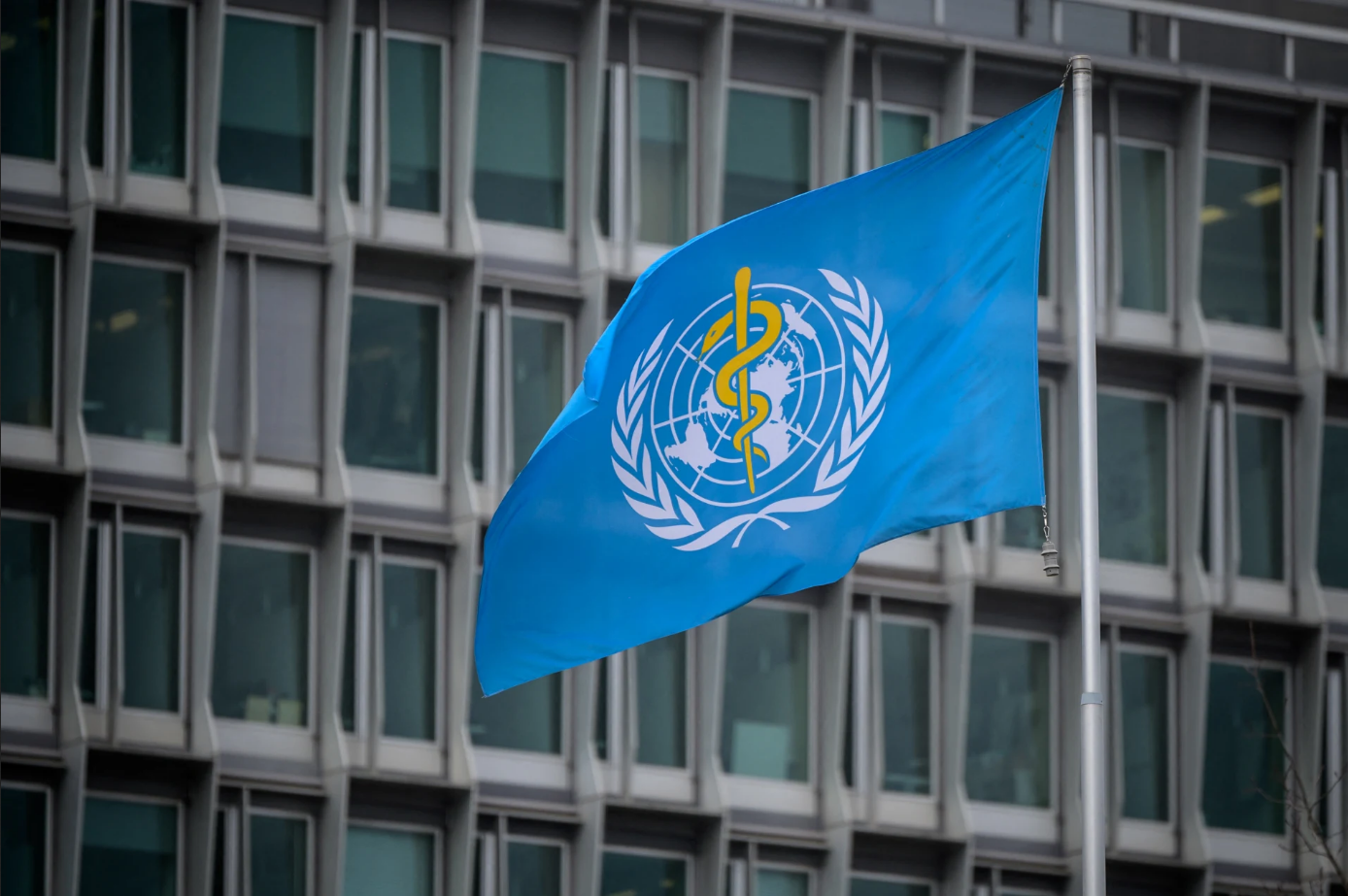QAMISHLI, Syria (North Press) – Several countries promoted and rushed to take new actions to curb the risks of the outbreak of the new coronavirus, which the World Health Organisation (WHO) has designated B.1.1.529 as a VOC, named Omicron.
The B.1.1.529 variant was first reported to WHO from South Africa on November 24, 2021. The epidemiological situation in South Africa has been characterized by three distinct peaks in reported cases, the latest of which was predominantly the Delta variant.
In recent weeks, infections have increased steeply, coinciding with the detection of B.1.1.529 variant. The first known confirmed B.1.1.529 infection was from a specimen collected on November 9, 2021.
Several countries in the world have suspended flights to a number of African countries, including South Africa, following the discovery of the new mutant. The World Health Organization, however, has warned against countries hastily imposing travel restrictions, saying they should look to a “risk-based and scientific approach”.
British Health Secretary Mr Javid told the House of Commons it was “highly likely” the B.1.1.529 variant had already spread from South Africa and Botswana, where confirmed cases have been found, to other countries.
The British minister urged to get a booster dose of the Covid-19 vaccine at the earliest possible moment.
Many Arab countries took preventive measures after the WHO announced the outbreak of the mutant.
The Australian Health Minister, Greg Hunt, announced on Saturday that his country will start a14-day quarantine for citizens coming from nine African countries.
The US closed its borders to arrivals from eight countries in southern Africa.
The Netherlands, Brazil, Thailand, Saudi Arabia, the Emirates, the Sultanate of Oman, Jordan and Morocco have also announced similar measures to ban entry to travelers or suspend flights from several African countries.
This variant has a large number of mutations, according to the South African scientists who had previously discovered the beta mutant.
The “B.1.1.529” variant has a “very high” number of mutations.
The B.1.1.529 variant has 32 mutations in the spike protein, the part of the virus that most vaccines use to prime the immune system against Covid. Mutations in the spike protein can affect the virus’s ability to infect cells and spread, but also make it harder for immune cells to attack the pathogen.
The World Health Organization said the new mutant (Omicron) carries a number of genetic mutations that may allow it to spread rapidly, perhaps even among people who got vaccinated.

